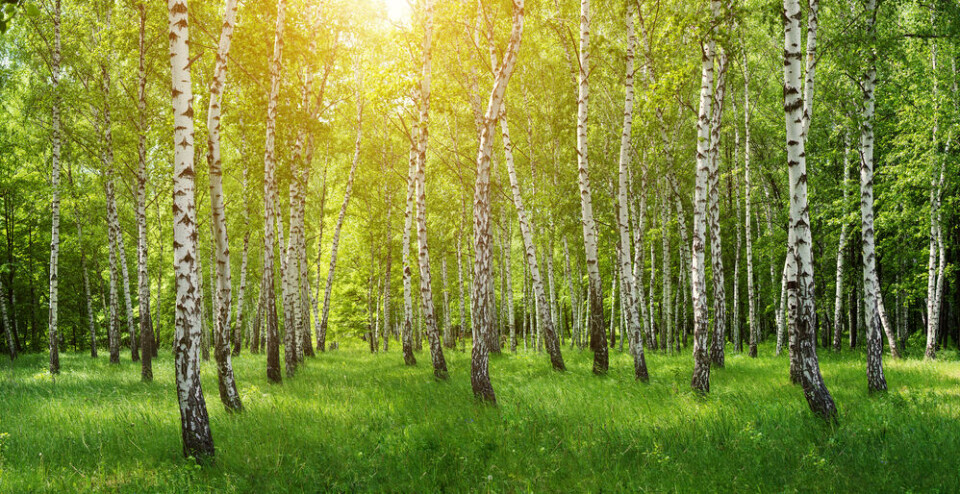-
La Voie Bleue: European Cycle Route of the Year is in France
700km bike path linking Luxembourg and Lyon has been crowned winner of the 2026 title
-
MAP: See how your location in France affects online food shop prices
New analysis shows how your shop compares on average
-
Further sightings of processionary caterpillars in France prompt action from local authorities
Caterpillars have arrived early after mild winter
Allergy alert: Birch pollen to arrive in northern France this week
The sunny weather will cause the pollen to spread from the north to the rest of the country. People with allergies can reduce the effects through various different measures

People with allergies in France are warned that birch pollen levels are set to rise in the north of the country this week, as good weather is forecast until early next week.
National air monitoring network le Réseau National de Surveillance Aérobiologique (RNSA) has raised the alert.
In a statement (PDF download), it said: “Birch pollen season will begin this week, with high levels from Thursday (March 23) across the majority of the north of the country.”
The pollen is likely to spread across the whole of the country between the end of March and the end of April.
The concentration of the pollen is highest during sunny days, when air pollution can “exacerbate allergic symptoms”, the statement added.
Read more: Four apps to help allergy sufferers find local pollen counts
The pollen can aggravate allergies and cause discomfort in the eyes and nose, and cause breathing difficulties.
As well as around forests and woodland, the trees are also often found in gardens and at the entry of larger residences. They can be recognised by their white trunks streaked with grey and black, and the fluffy flowers (catkins) at the end of their branches.
They are common in towns and usually well-liked due to their bright bark and leaves.
The RNSA recommends that people who suffer badly consult a doctor, who may be able to prescribe more effective anti-allergy medication, such as antihistamines.
It also advises:
- Rinsing your hair at the end of the day
- Opening the windows before sunrise and after sunset
- Avoiding drying clothes outdoors
- Washing your nose and throat with salty water
It comes just a few weeks after the RNSA issued warnings for cypress pollen across much of the south and southeast of the country in early March, and said that the allergy season had arrived relatively early this year.
Related articles
Red pollen allergy alerts issued for south and southeast France
Cypress pollen alert in southeast France as allergy risk arrives early
























